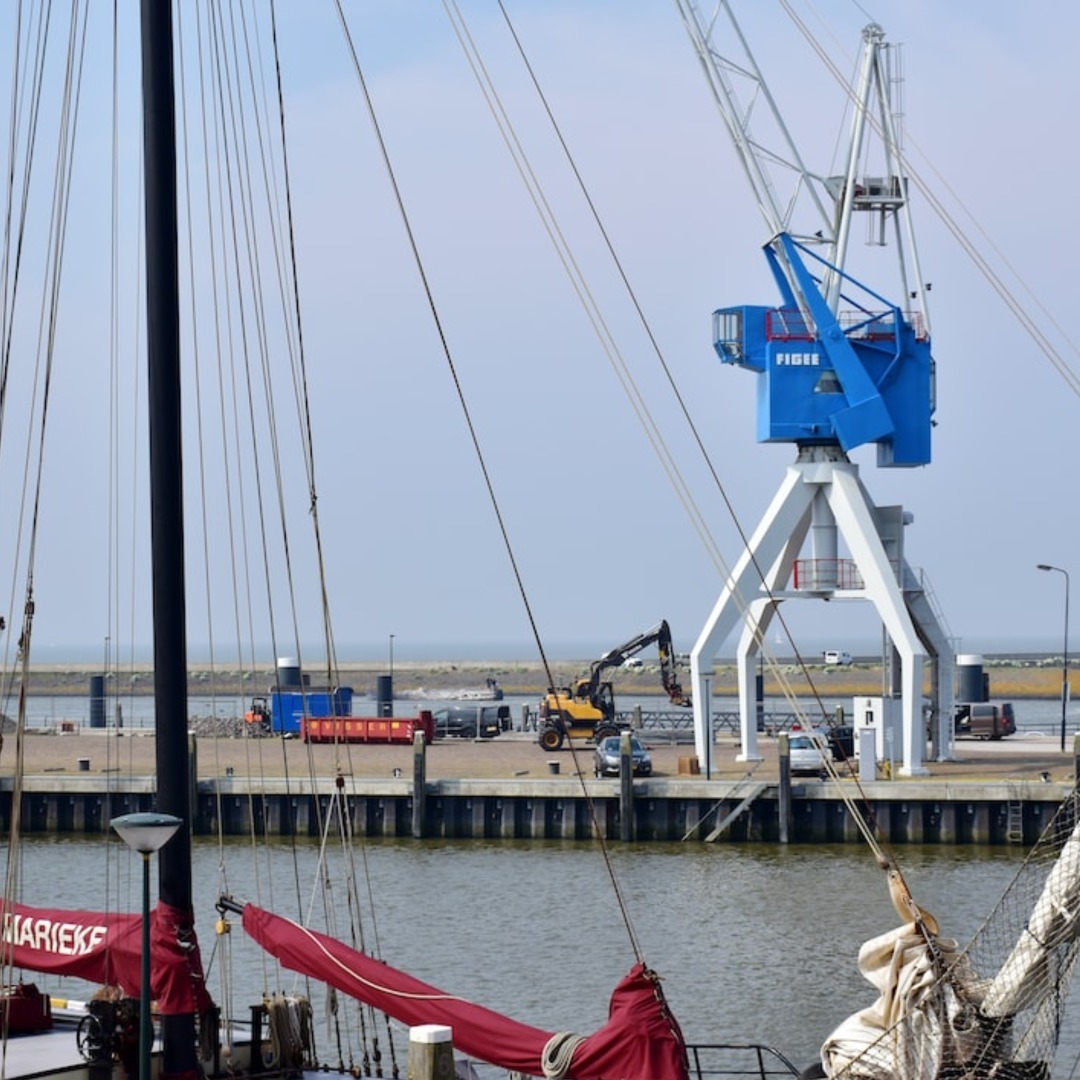Address: Front office : Twin Centre Tower A 6th floor Corner boulevard zerktouni and boulevard El Massira Casablanca Back office : espace ghazwani, Boulevard Ifni, Casablanca
Opening hours :Mon - Fri: 9am-12.30pm and 2pm-6pm Sat: 9am-12pm
Address: Front office : Twin Centre Tower A 6th floor Corner boulevard zerktouni and boulevard El Massira Casablanca Back office : espace ghazwani, Boulevard Ifni, Casablanca
Opening hours :Mon - Fri: 9am-12.30pm and 2pm-6pm Sat: 9am-12pm

Morocco, a North African country known for its vibrant culture and diverse landscapes, has specific import restrictions in place to regulate the inflow of goods into the country. Understanding these import restrictions is crucial for businesses and individuals looking to engage in trade with Morocco. In this comprehensive guide, we’ll explore the import regulations, customs procedures, and frequently asked questions regarding imports in Morocco.
Moroccan Import Regulations:
Import tariffs play a significant role in Morocco’s trade policies. The government uses tariffs to protect domestic industries and generate revenue. Tariff rates can vary widely, with some goods subject to lower rates or exemptions, depending on trade agreements and the specific product category.
Types of Tariffs:
Exceptions and Exemptions:
To ensure compliance with Moroccan import regulations, it’s essential to understand the documentation requirements and the process for obtaining import licenses:
Required Documentation:
Morocco prohibits the importation of items such as narcotics, counterfeit goods, and certain agricultural products. It’s essential to review the official list of prohibited items before attempting to import goods.
To obtain an import license in Morocco, you should contact the Administration des Douanes et Impôts Indirects (ADII). The process may vary depending on the type of goods you intend to import.
Yes, Morocco has signed various trade agreements that can impact import tariffs. These agreements may lead to reduced tariffs or exemptions for specific goods.
For the most up-to-date information on import restrictions in Morocco and the latest customs regulations, consider consulting the following official sources:
Understanding the import restrictions in Morocco is crucial for anyone involved in international trade with the country. By adhering to these regulations and staying informed, businesses and individuals can navigate the complexities of importing goods into Morocco successfully.